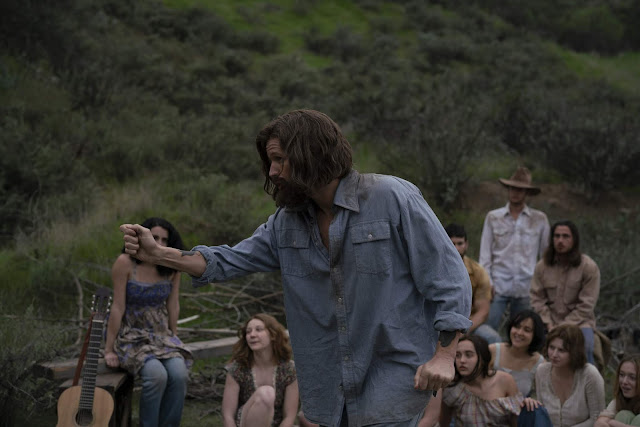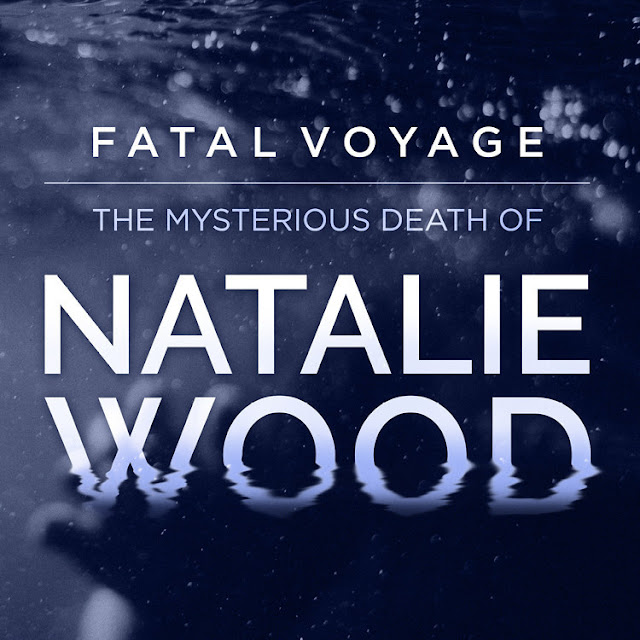 |
| Somebody say something. (EPA/Shawn Thew) |
It is easy to see the op-ed and ensuing furore as just one more indicator of the abject state of the Trump presidency. But the incident also poses a much more profound dilemma: when the elected politician they serve is a liability to the public, should staffers speak out and challenge them publicly, or remain loyal and do their boss’s bidding?
Among commentators, researchers and staffers themselves, there are two major schools of thought. On one side are the loyalists, who take the view that staffers should be unquestioning servants. According to loyalists, since politicians are elected officials with popular mandates, their orders must be carried out. A staffer’s role, then, is to find the most effective and efficient way to do that.
On the other side are the lifesavers, who hold that staffers are obliged to save a politician from their own stupidity, thereby protecting both institutions and the public from their bosses’ irrational whims. Modern states are highly complex entities, they say, and to run them effectively, you need a large body of specialists with deep experience who can sustain institutions while elected officials come and go.
So who’s right? Many politicians, and Trump especially, want their staffers to be loyalists. But this is a grave mistake. It’s the lifesavers who will actually help a politician to achieve their objectives, or can at the very least avert a costly or catastrophic onmishambles. There are at least three reasons why.
First, politicians are often far less knowledgeable than their staffers. Most have little to no understanding of the issues they are dealing with, and are routinely given portfolios they have zero experience in: energy ministers who have never set foot in a power plant, transport ministers who don’t use public transport, ministers of justice without the first idea of how the prison system works. It often takes politicians a year or two to get to grips with their portfolio, by which time they are liable to be shuffled on to an entirely unrelated job.
The role of the staffer is to guide these clueless politicians through complex policy domains they don’t understand. Doing that frequently requires a staffer to tell a politician they can’t do something.
One of the roles of any staffer worth their salt is to regularly rain on an enthusiastic politician’s parade. Elected officials often get worked up about pet projects and cherished ideas; staffers need to force them to think critically. Even if a staffer is wrong, this process of challenge is likely to lead to more robust decisions. By voicing their doubts, lifesaving staffers can cut through the dangerous groupthink that can set government policy on a course to disaster.
 |
| A house divided against itself. (EPA/Jim Lo Scalzo) |
When faced with a failing policy, civil servants can remain loyal and get to work on the necessary turd polishing. That might make their masters feel good in the short term, but it can also drag everyone concerned deeper into a potentially disastrous course of action.
Leaving, meanwhile, might relieve the pressure on the individual staffer and make their political master happy, but simply pulling the pin is unlikely to fix the problem. Rather, some new staffer is likely to come along and make the same mistakes all over again. The upshot could be a revolving door of misfortune. And while staffers could also simply neglect their duties, the comfort that would offer them and their boss alike may well be offset by disastrous consequences for the public.
That only really leaves one option: to speak out.
Staffers are likely to be punished for putting their heads above the parapet, and the politicians they serve are often disinclined to listen. But sadly, voice is one of the few ways that endemic problems get corrected before they terminate in disaster.
For any staffer looking to speak up, grave dangers lie ahead. But research suggests there are more or less effective ways of getting your point across. Studies conducted in large American corporates have found that the best way forward is to create underground resistance from the inside. The staff who do so have been described as “tempered radicals”.
Tempered radicals typically work by creating underground networks both inside and outside an organisation. These networks bring together people who care about an issue. They provide the platform for future action. Tempered radicals manage their heated emotions about the issue. They might be fuming, but they try to let rationality rather than passion lead them, using the values of their institution to push forward their claims.
If the people in charge value individual freedom, staffers trying to change course should use arguments about individual freedom to push their agenda forward. Finally, tempered radicals create behind the scenes actions which help to push their agenda forward. These are smaller actions which help to make people’s lives better. Over time, these modest interventions build up to bigger wins.
It’s true that in politics, loyalty is one of the most valued currencies. But being loyal doesn’t mean always saying yes to seniors; it also means staying committed to the values of an institution, even when that might mean questioning or challenging the person temporarily in charge. That can be hard. But it can also help save politicians from themselves.
About Today's Contributor:
Andre Spicer, Professor of Organisational Behaviour, Cass Business School, City, University of London
This article was originally published on The Conversation.



































